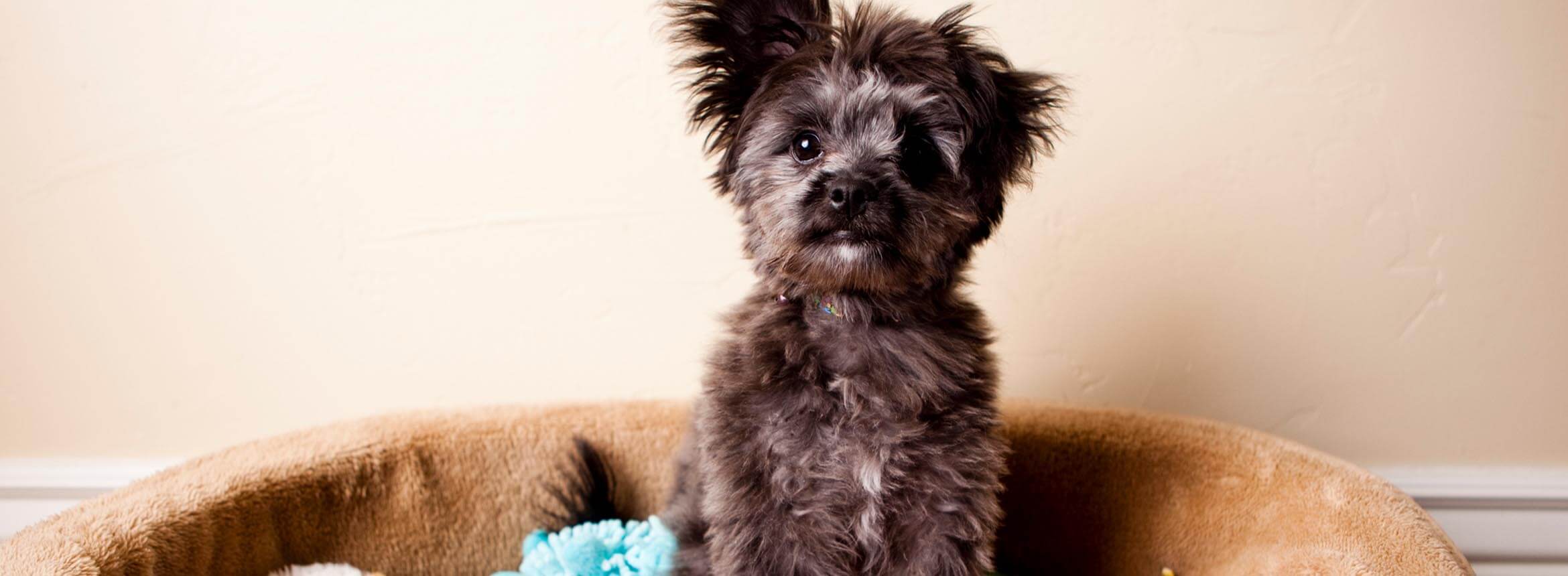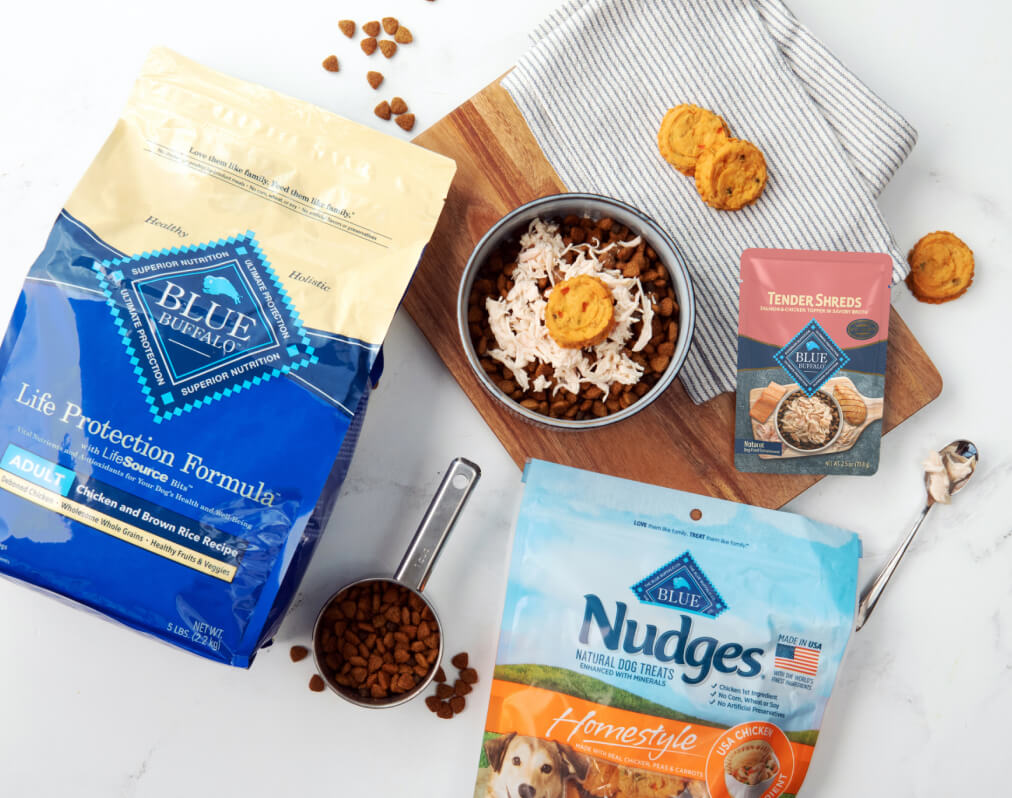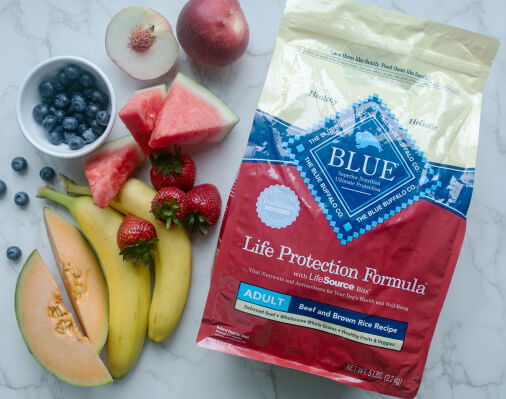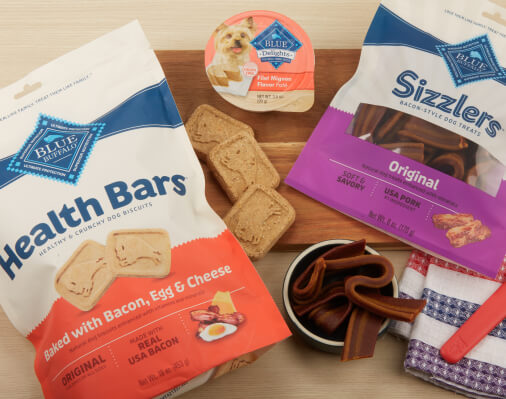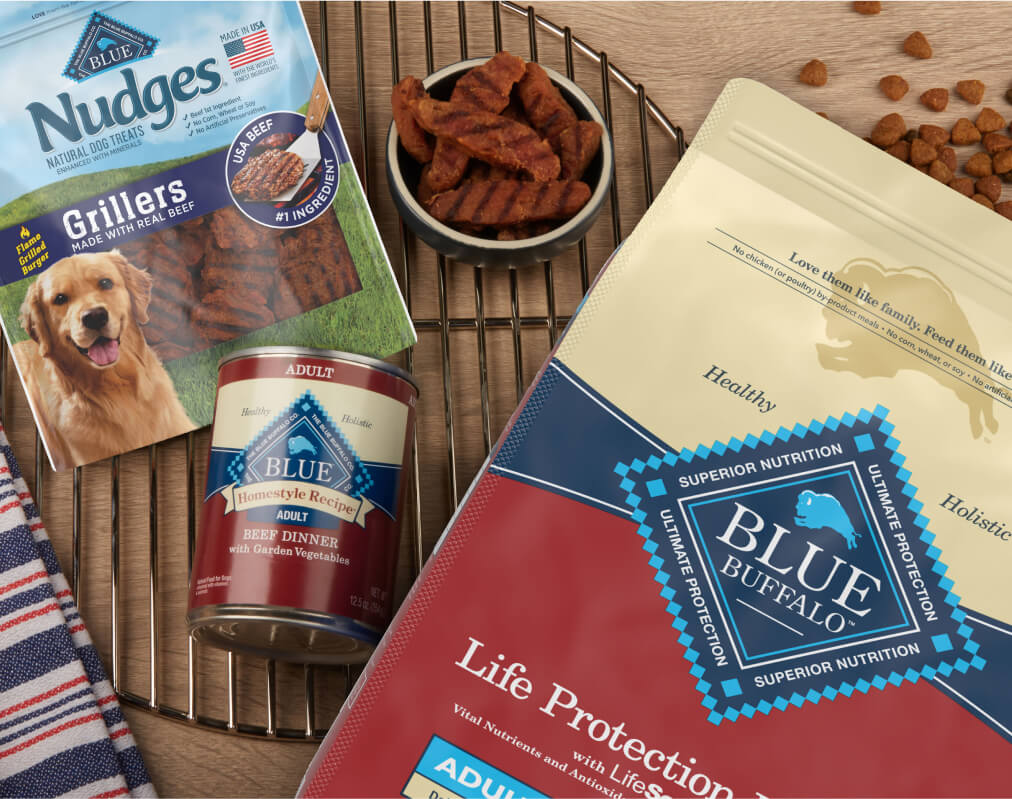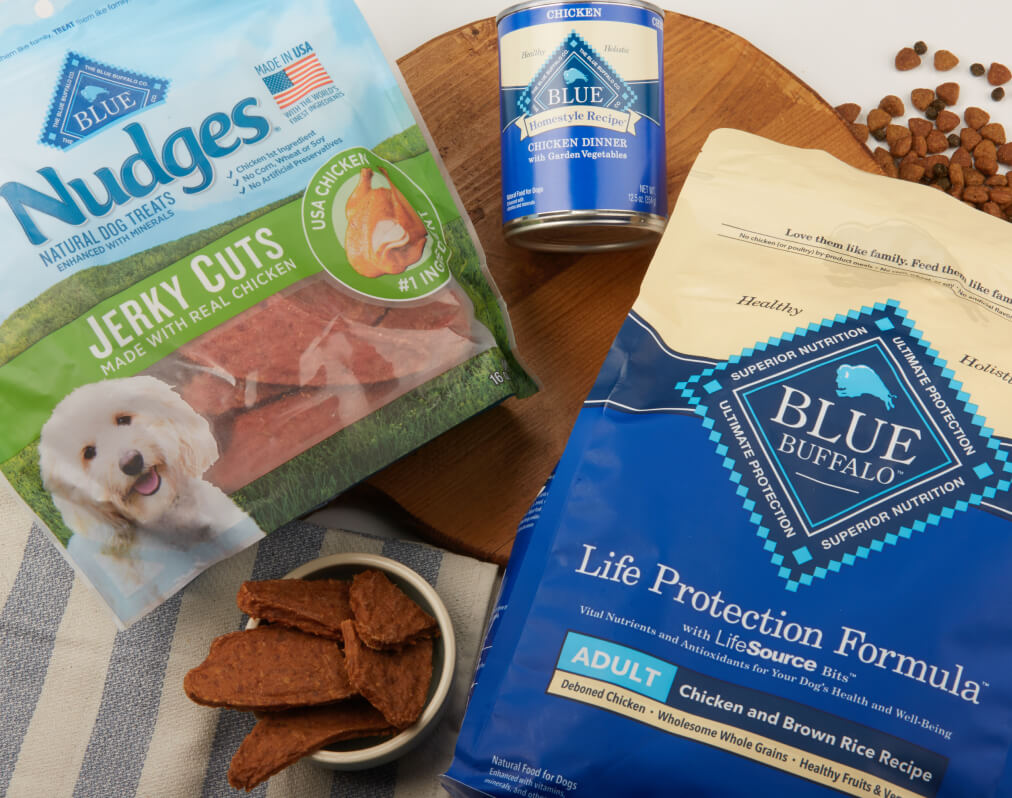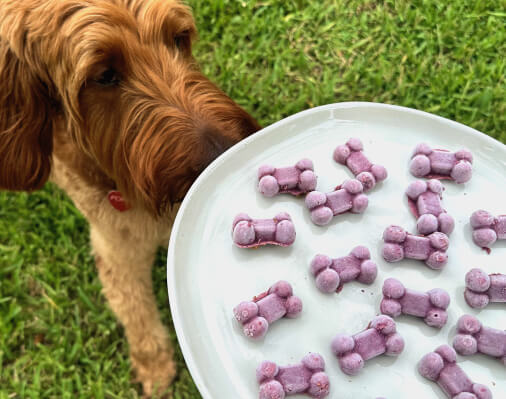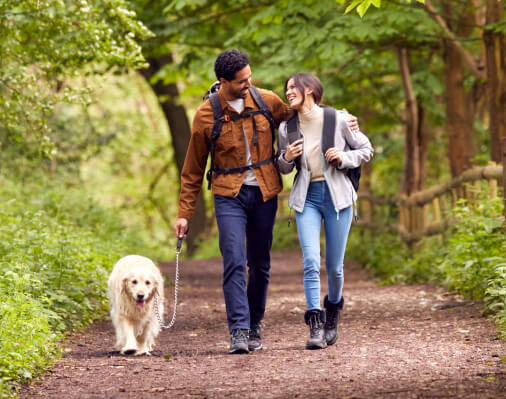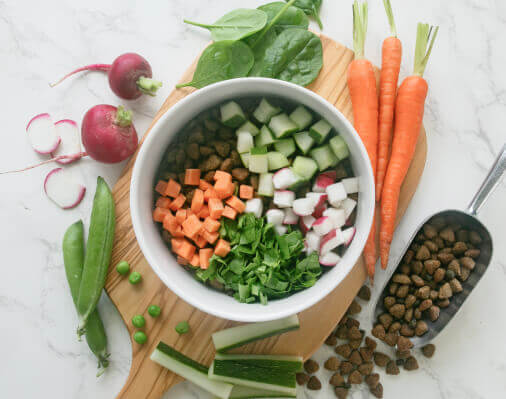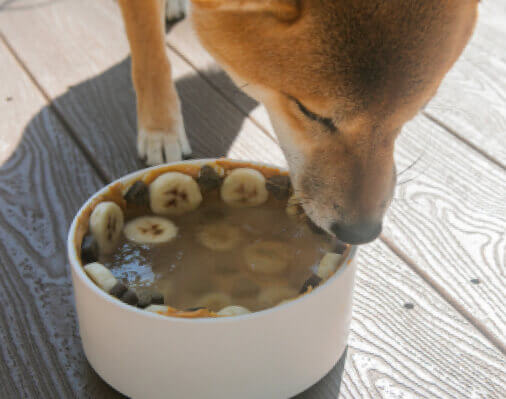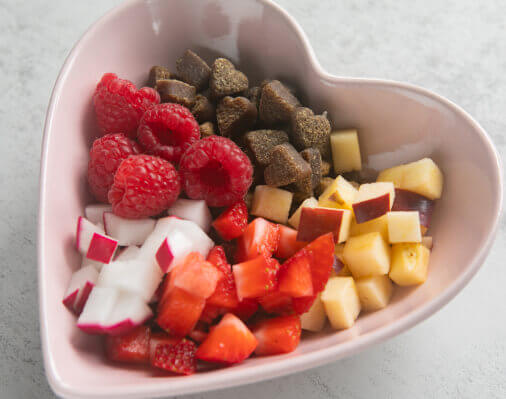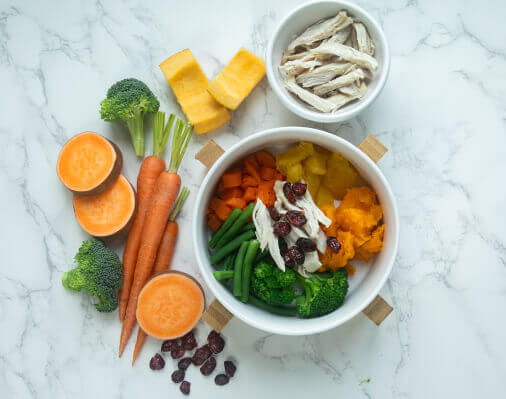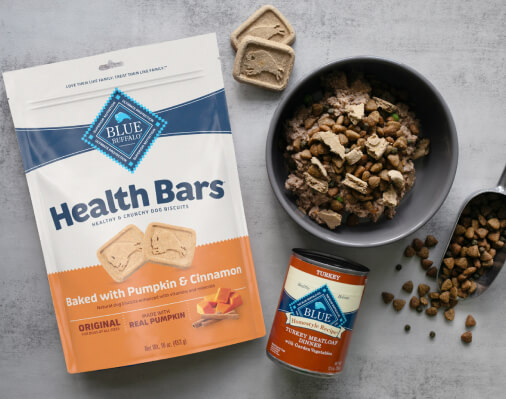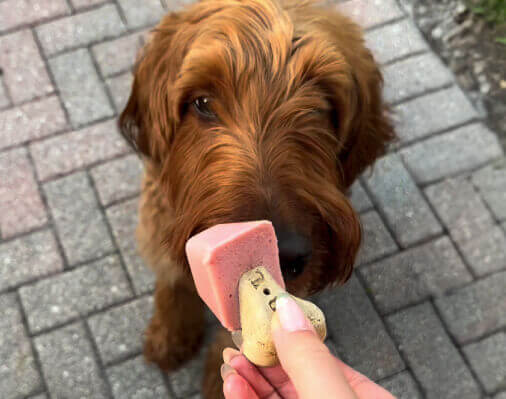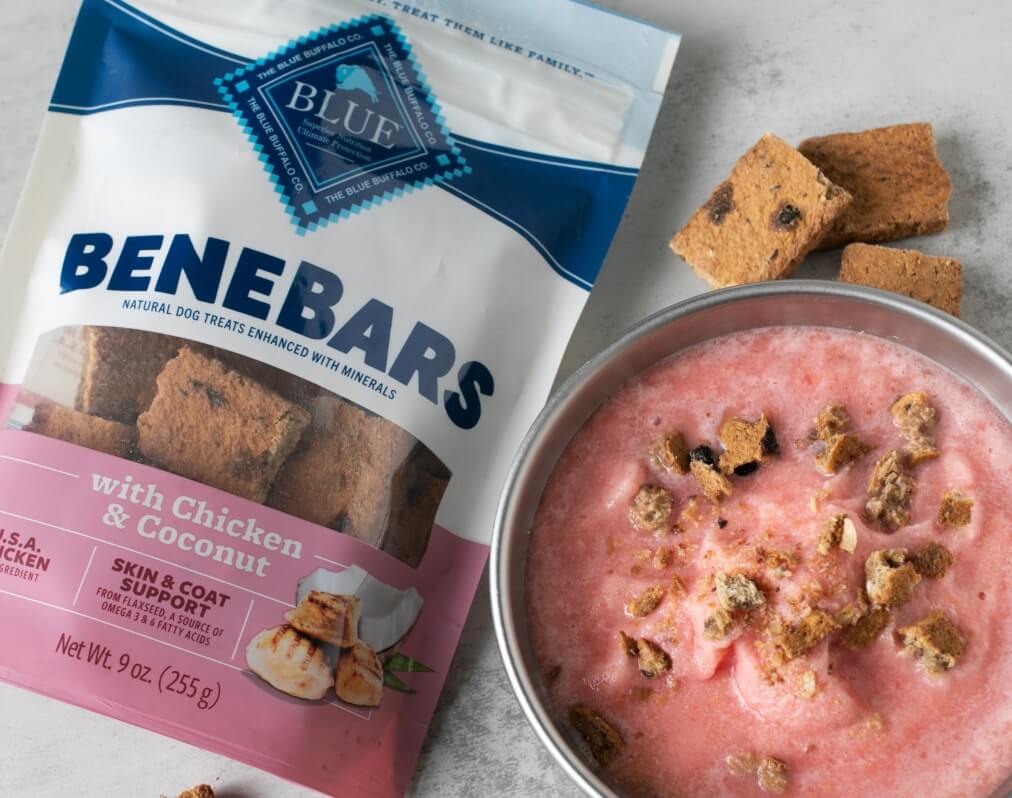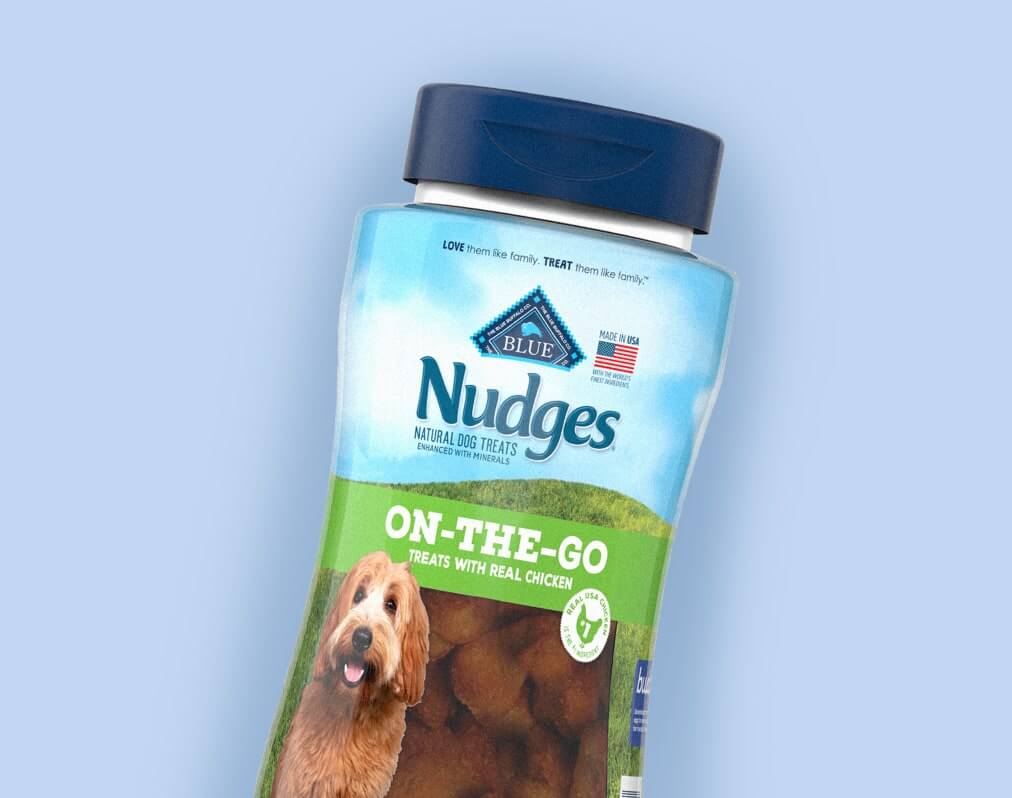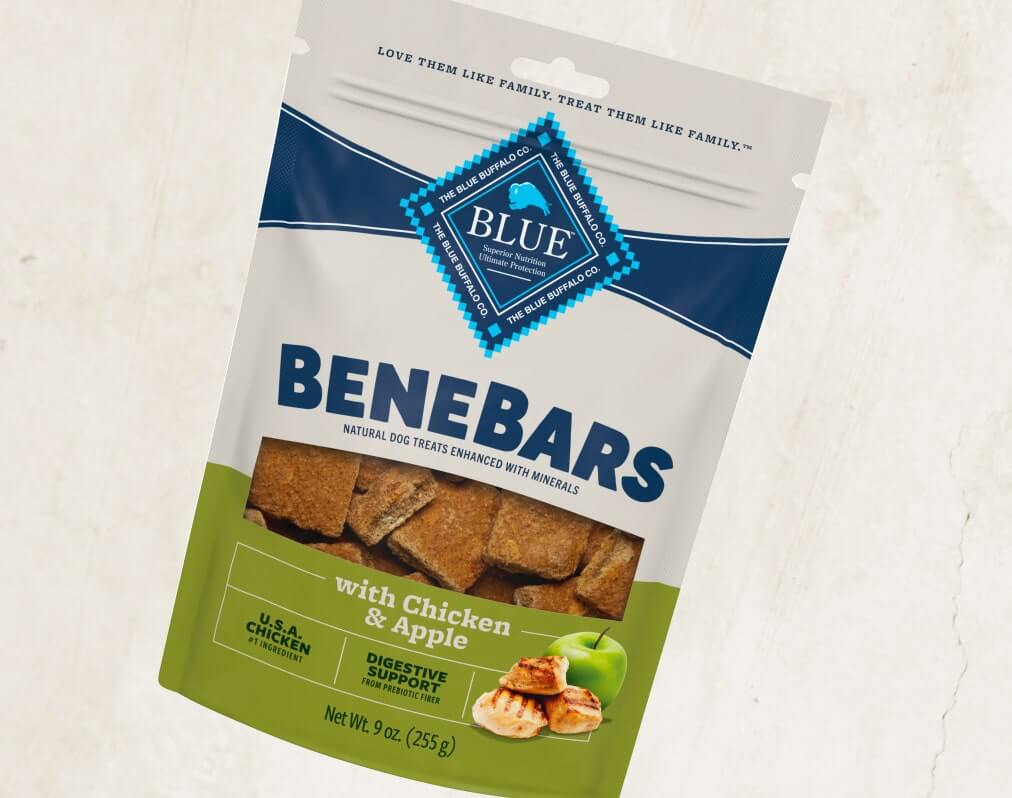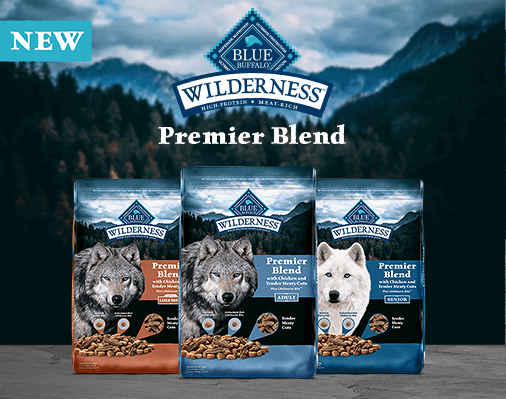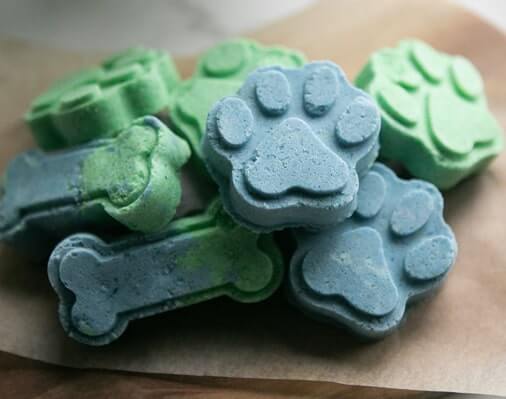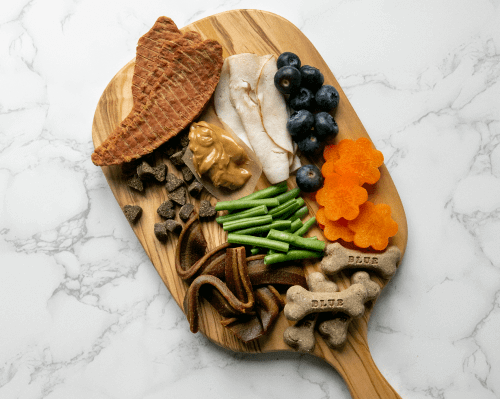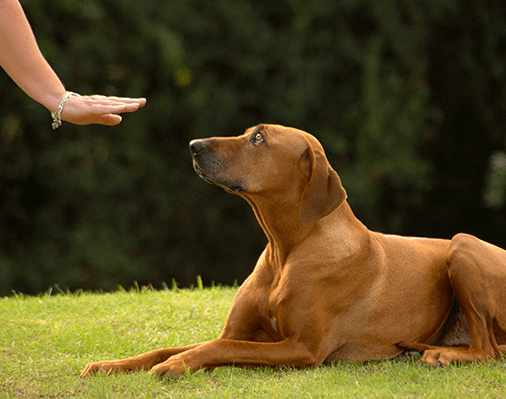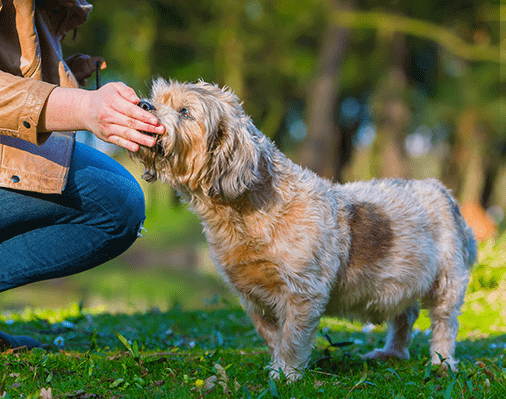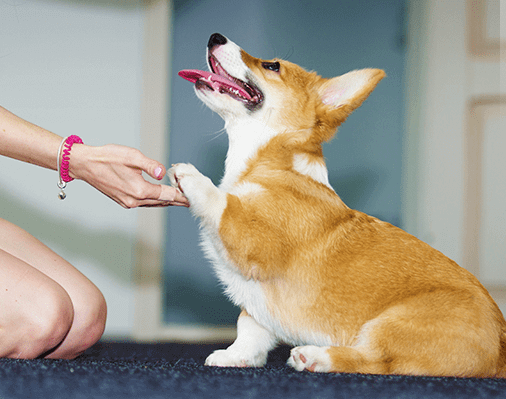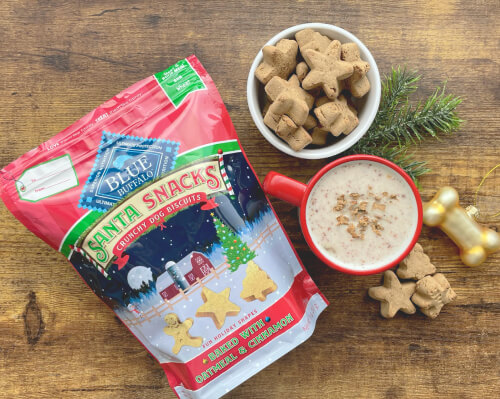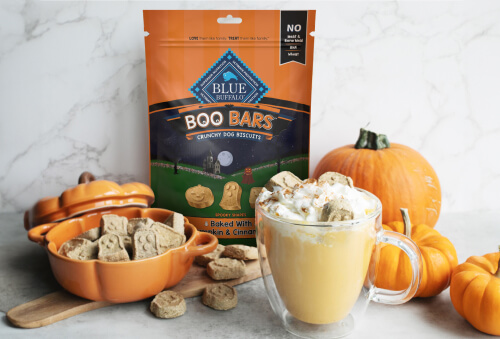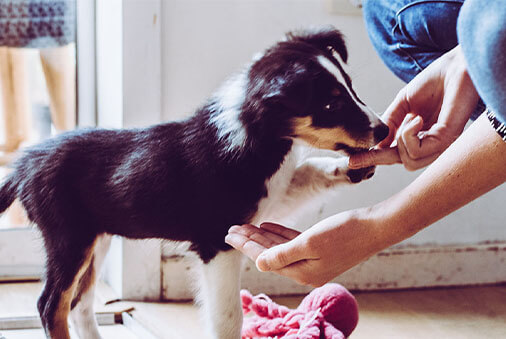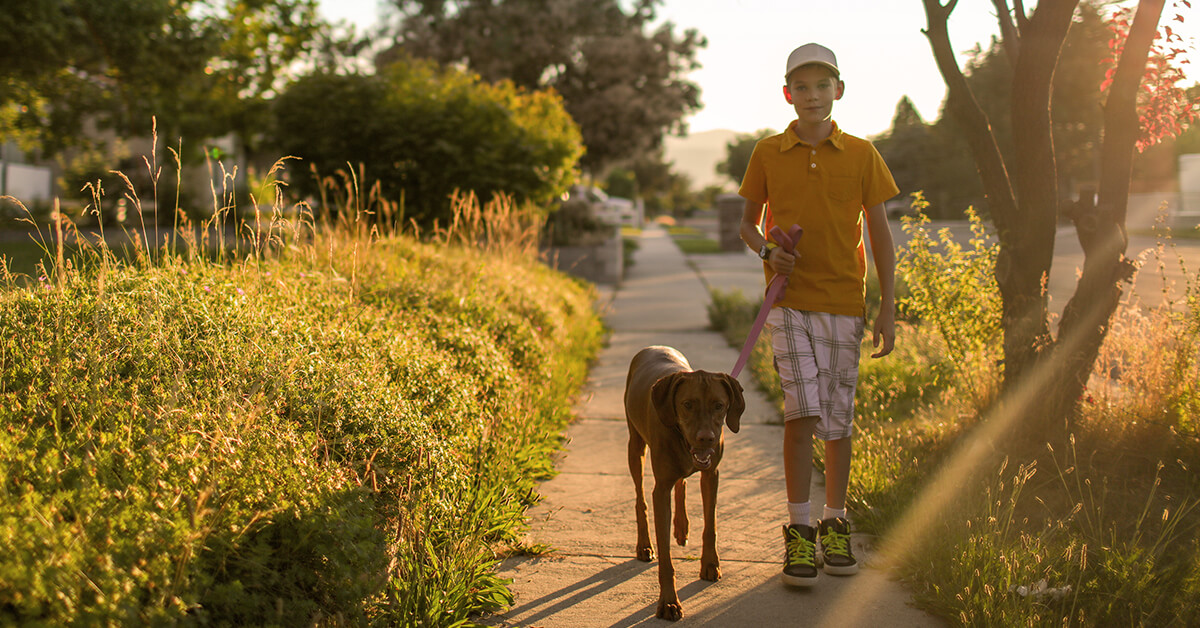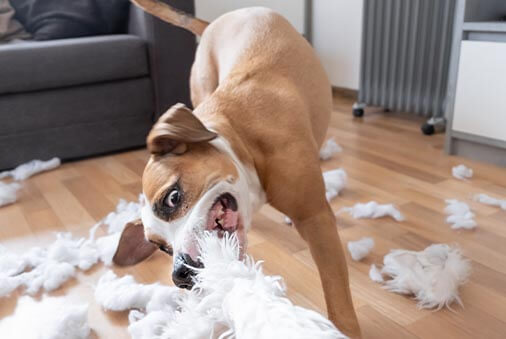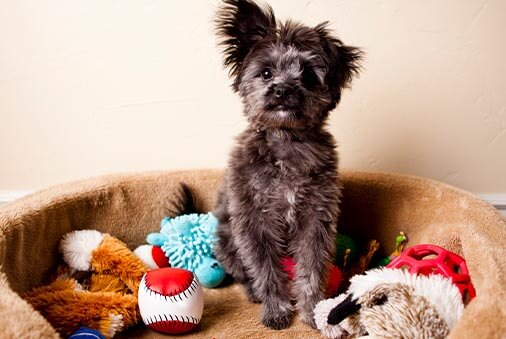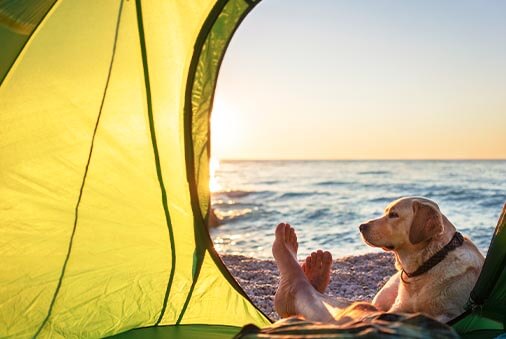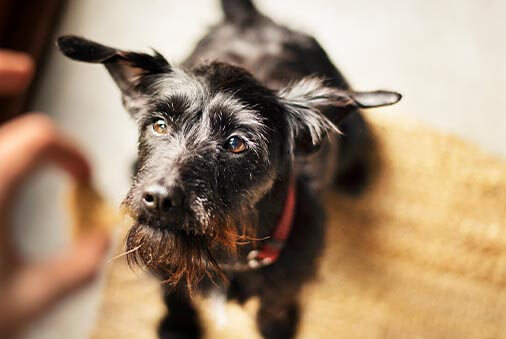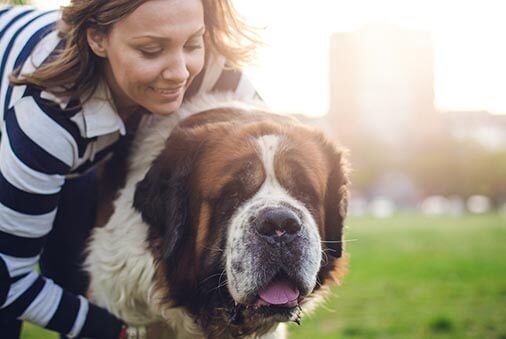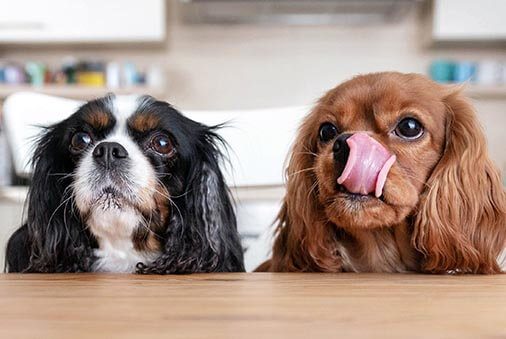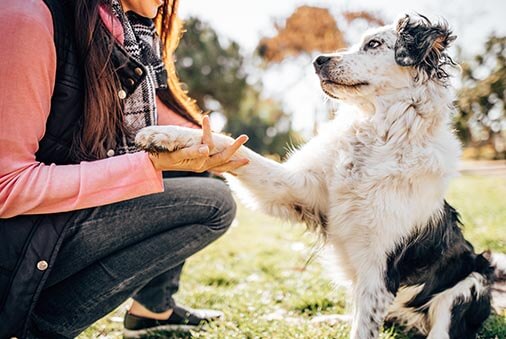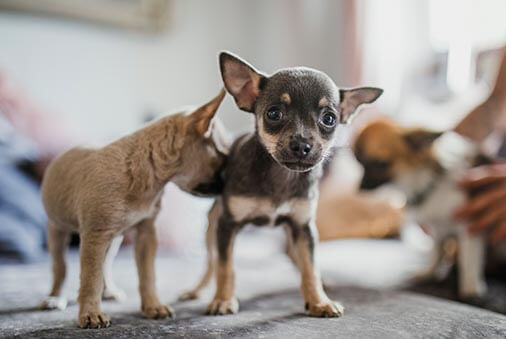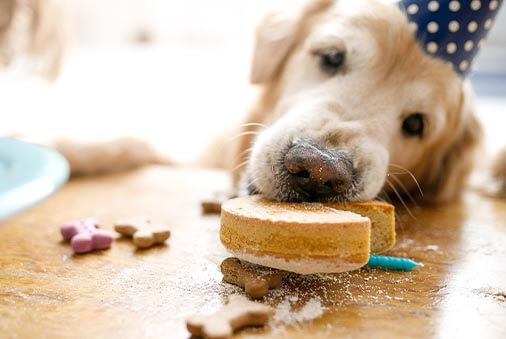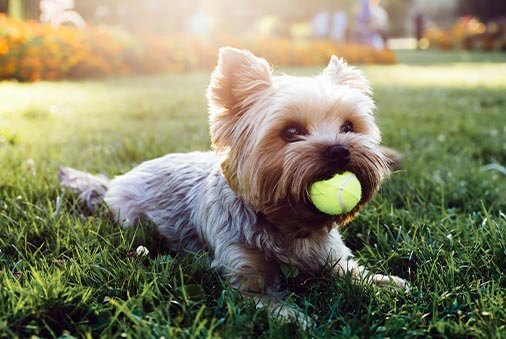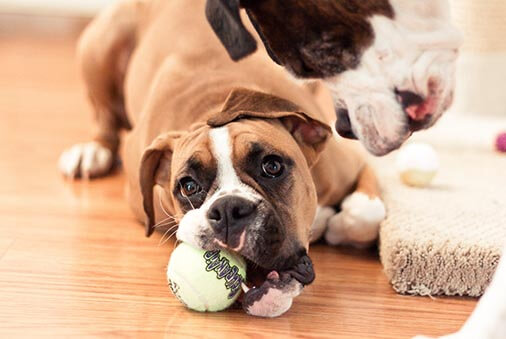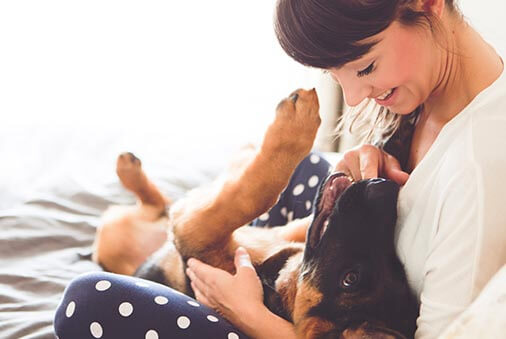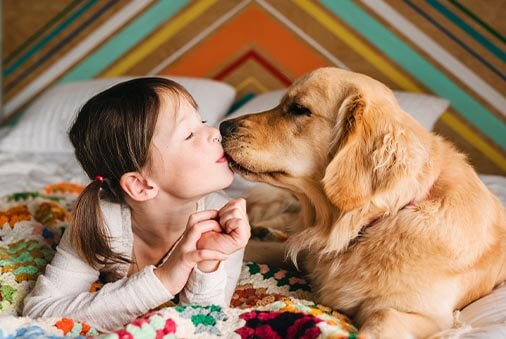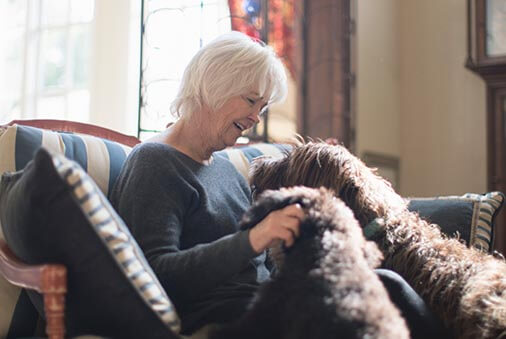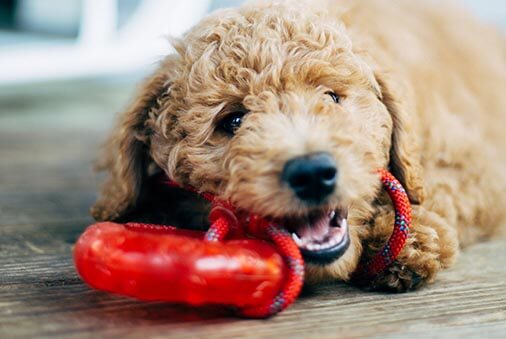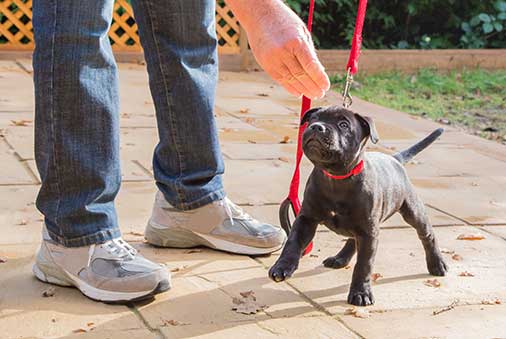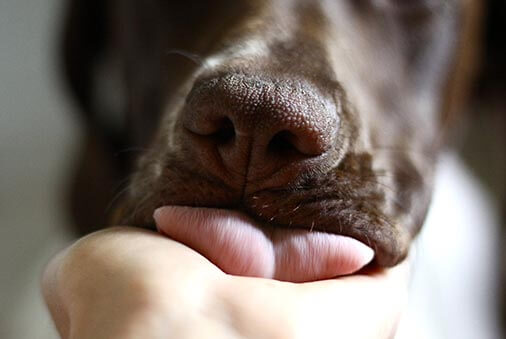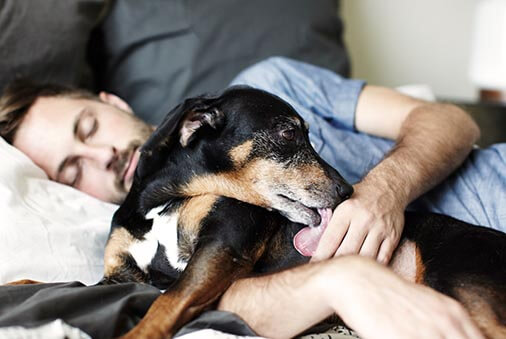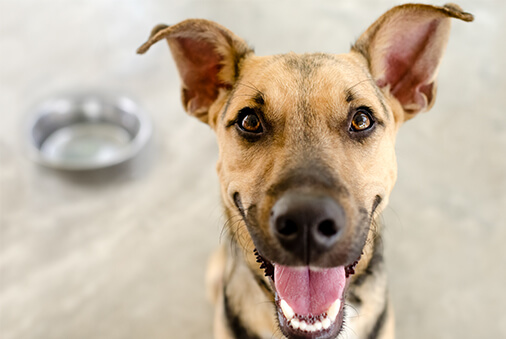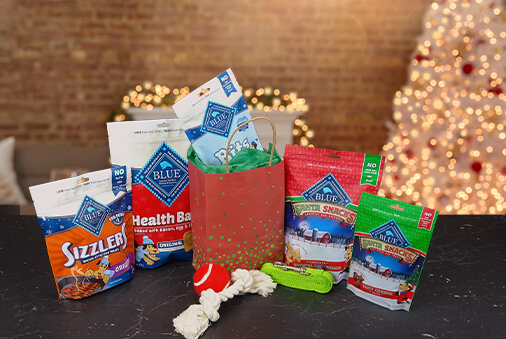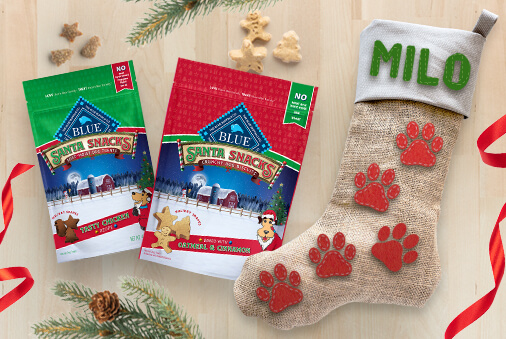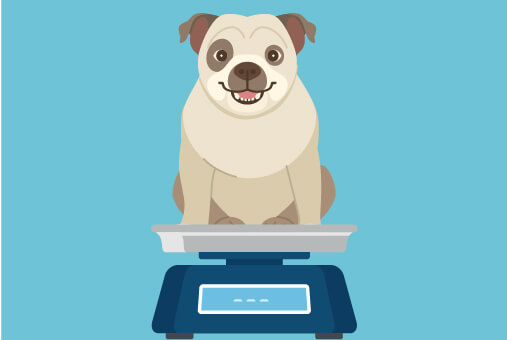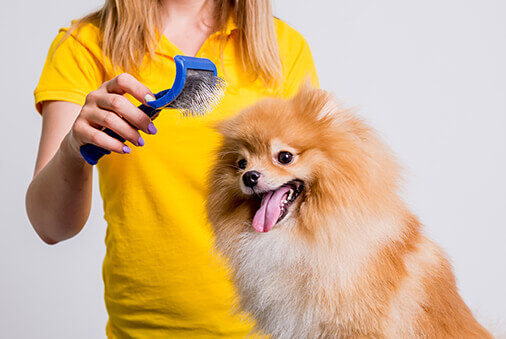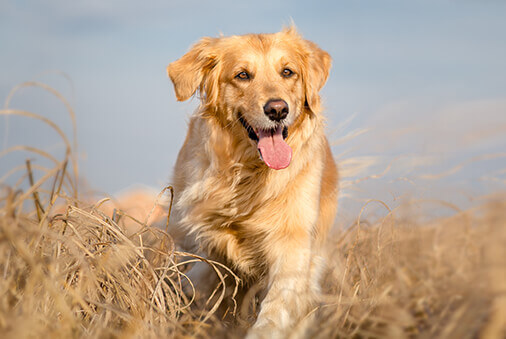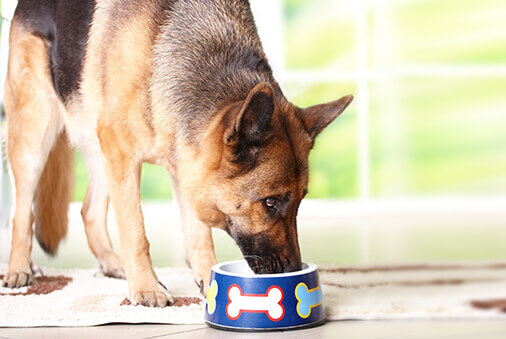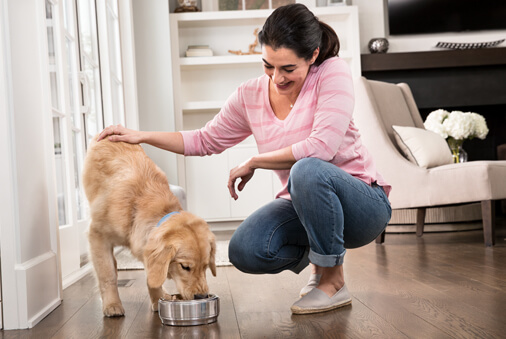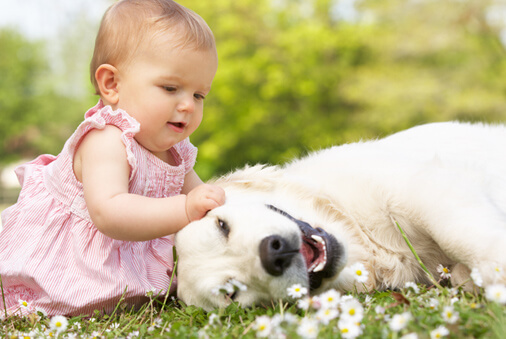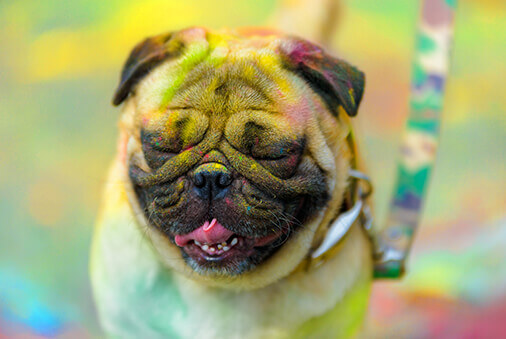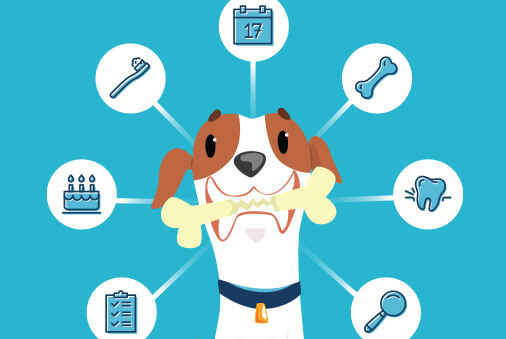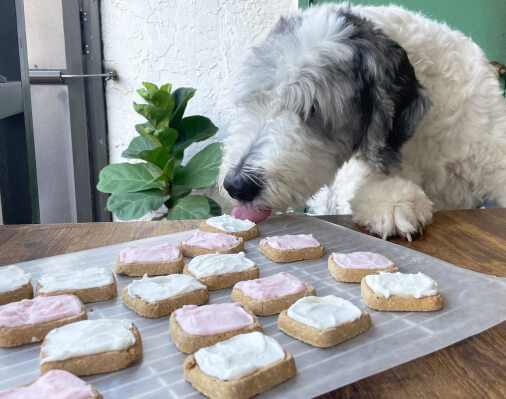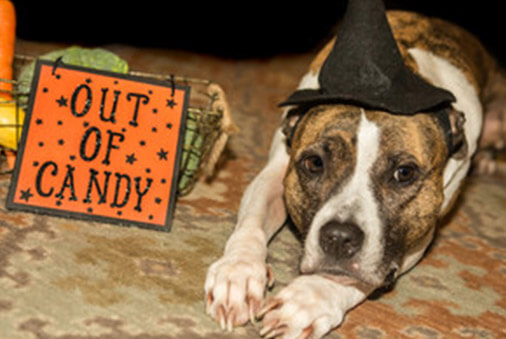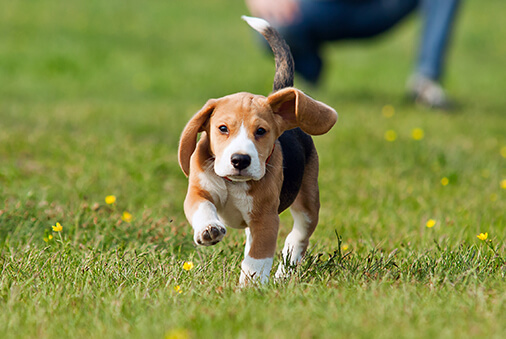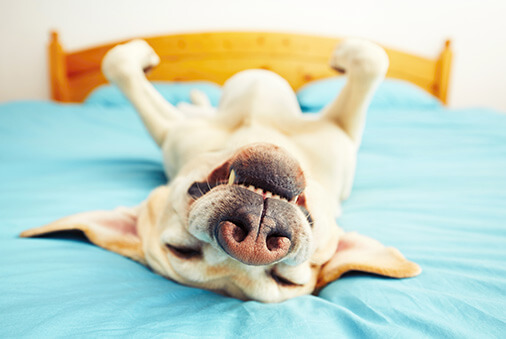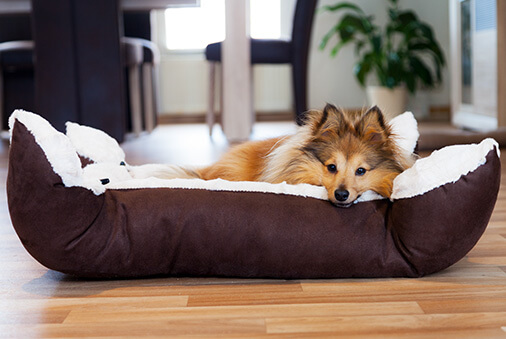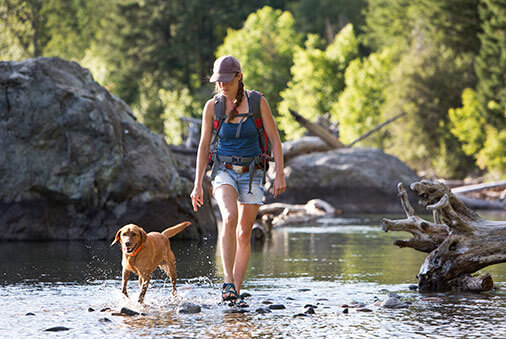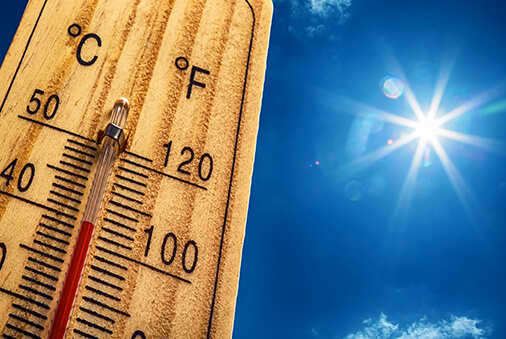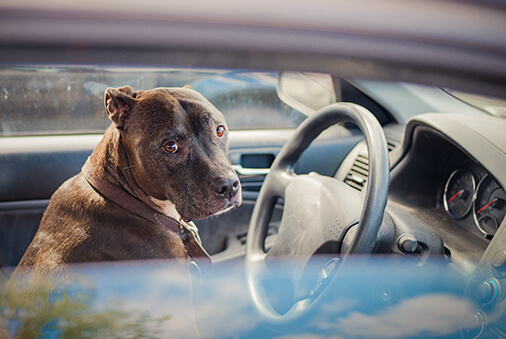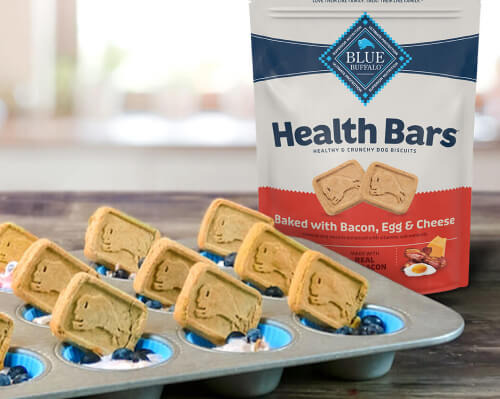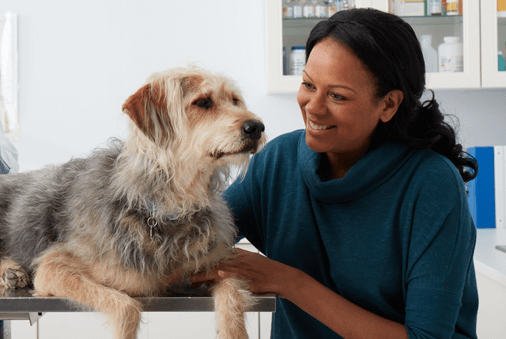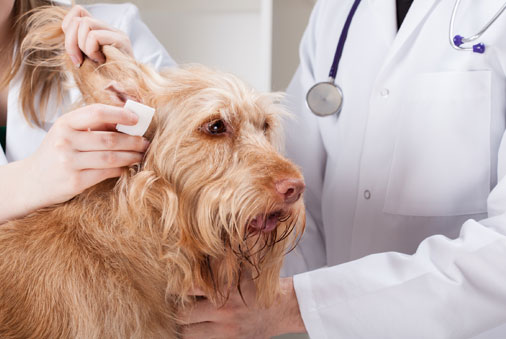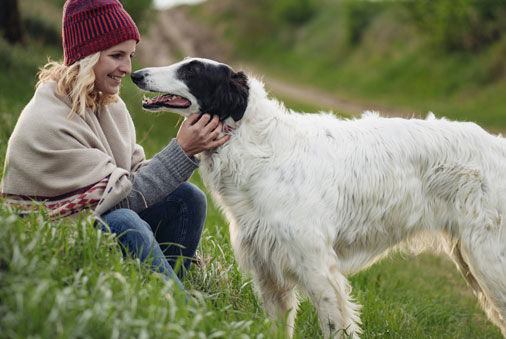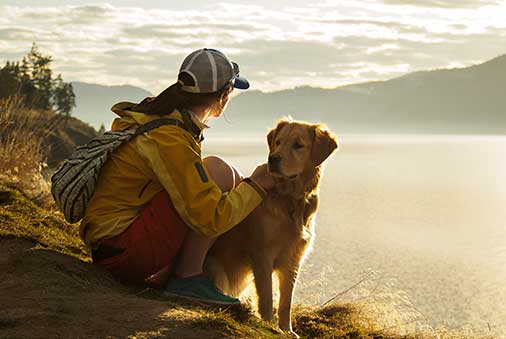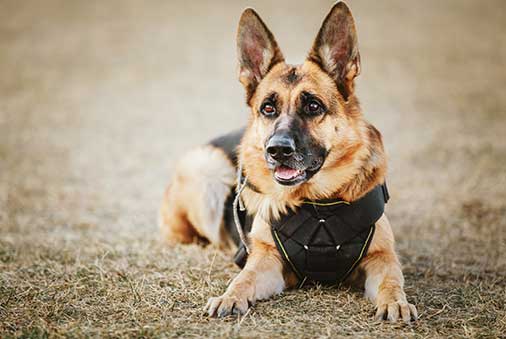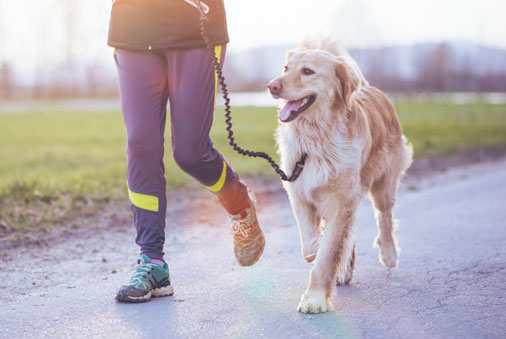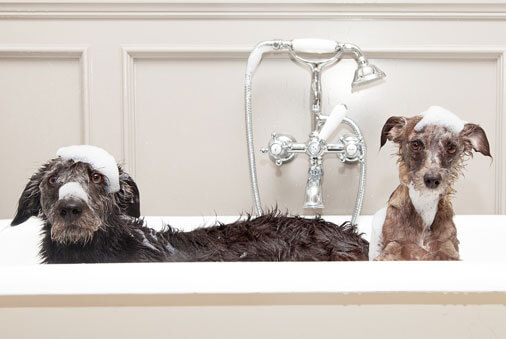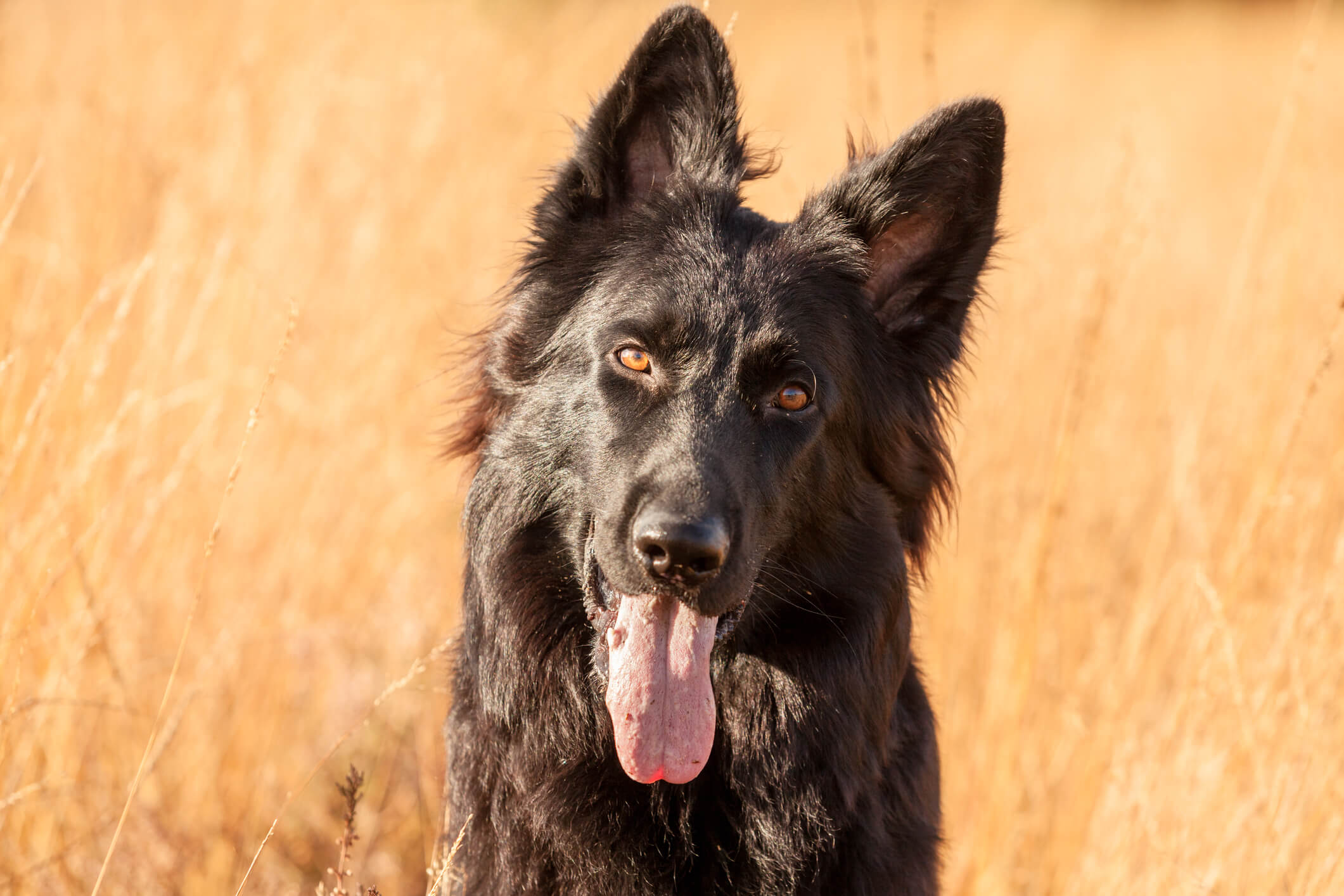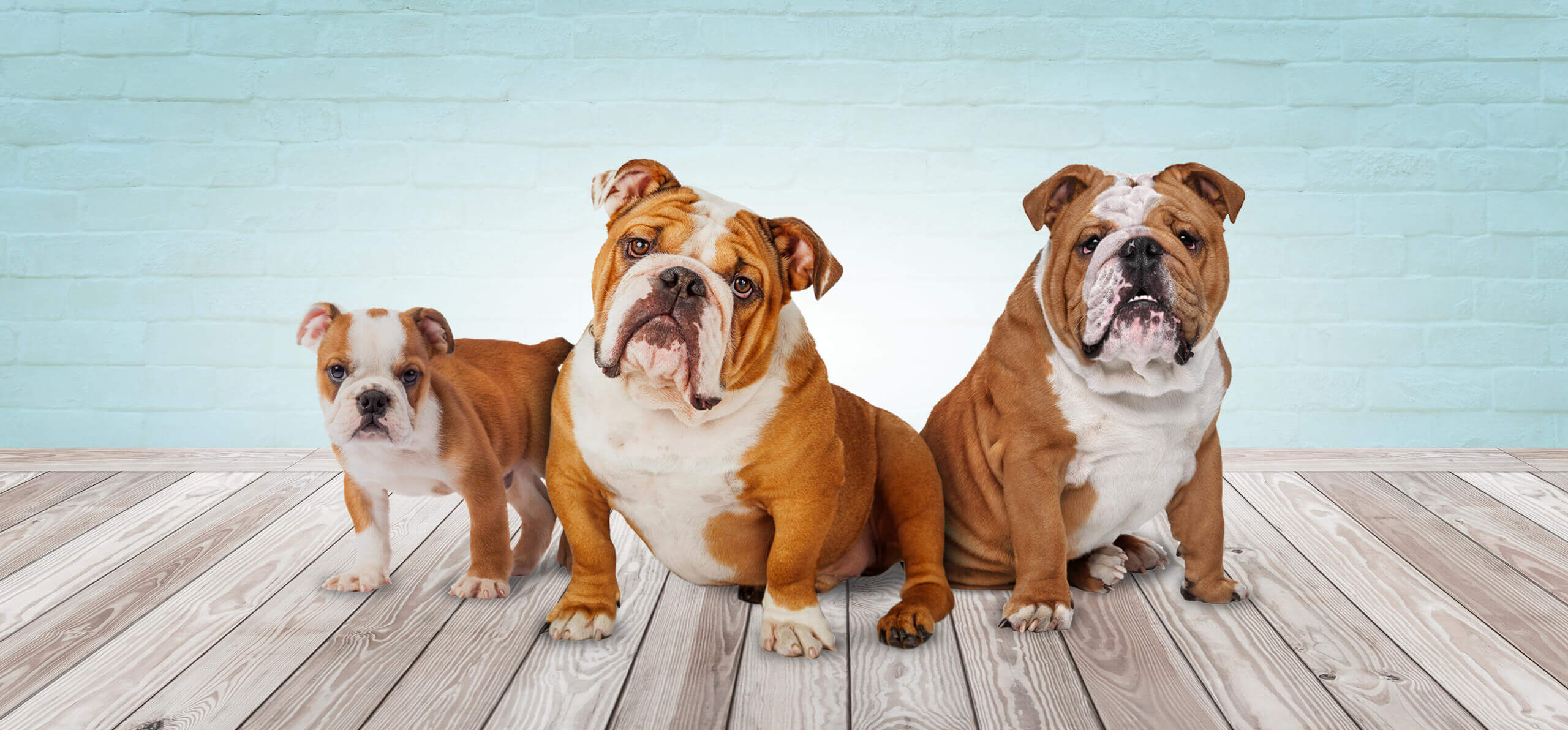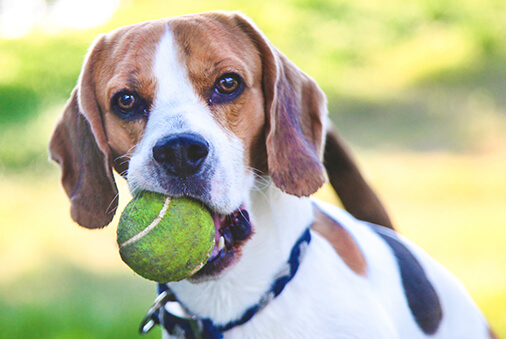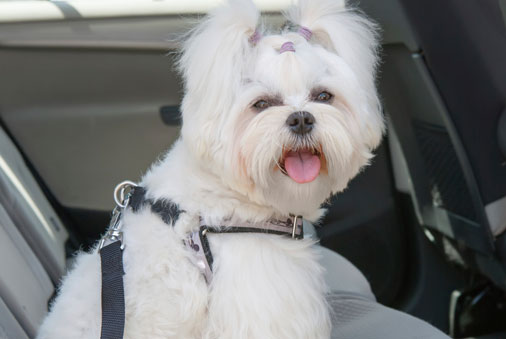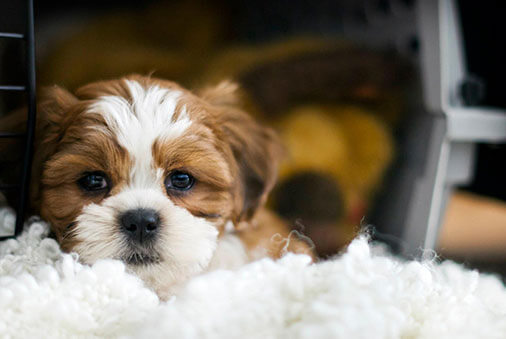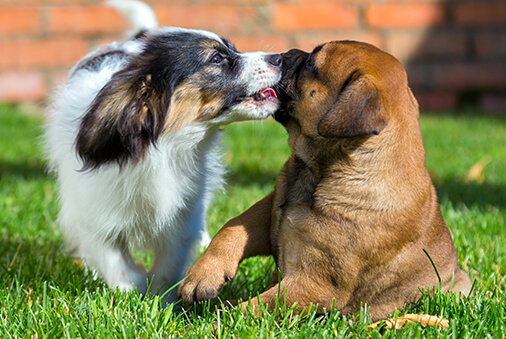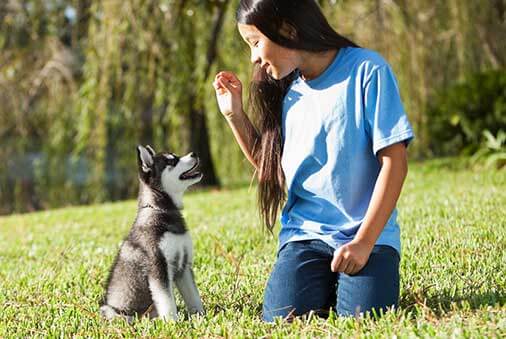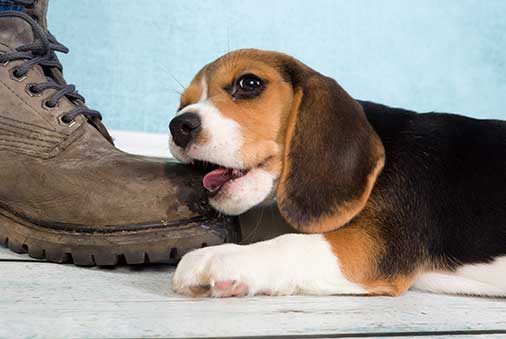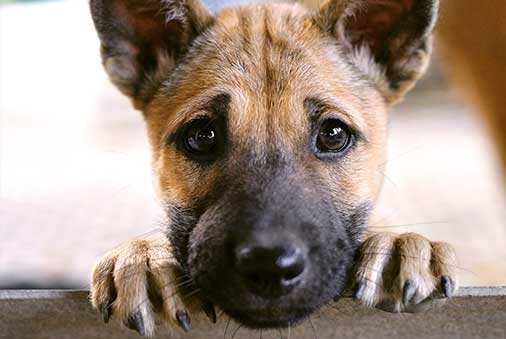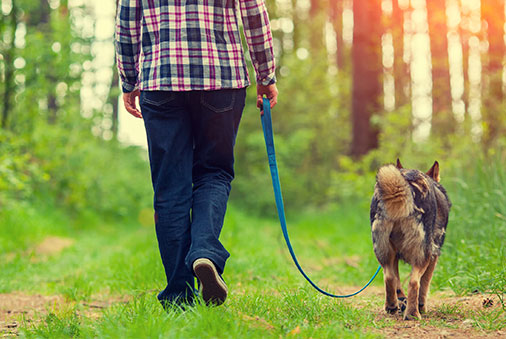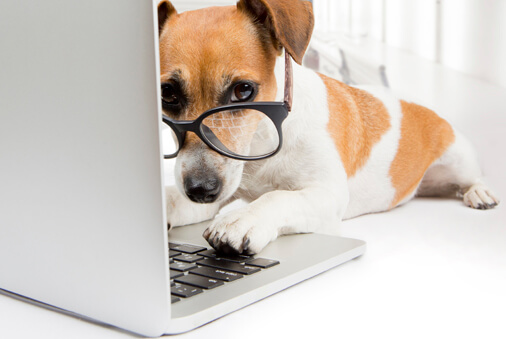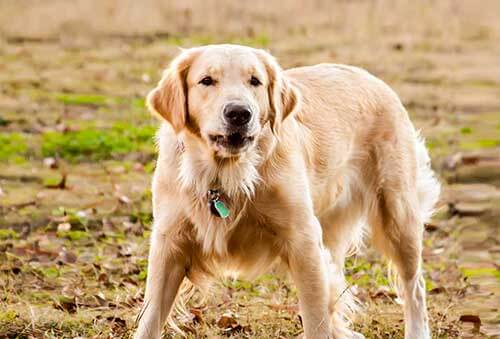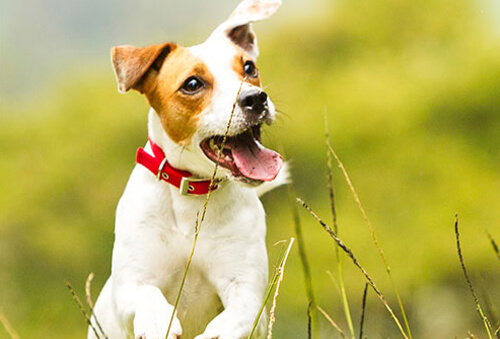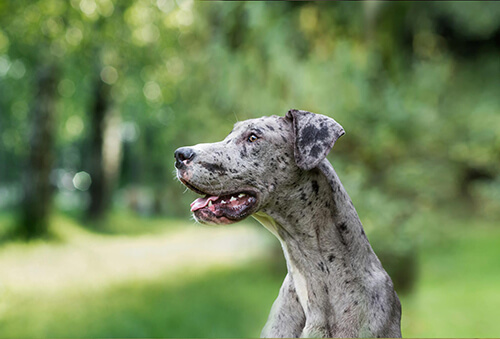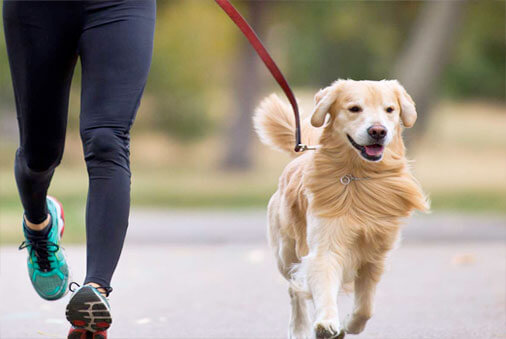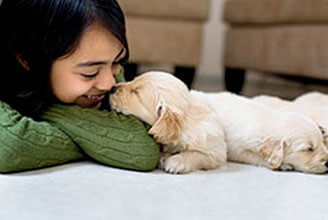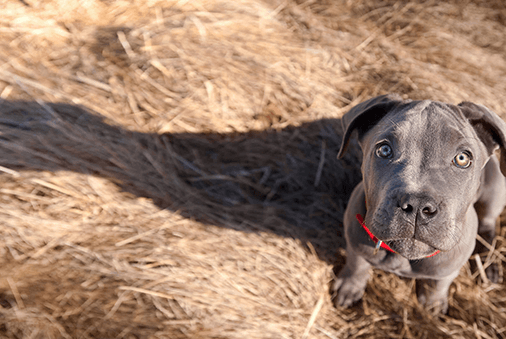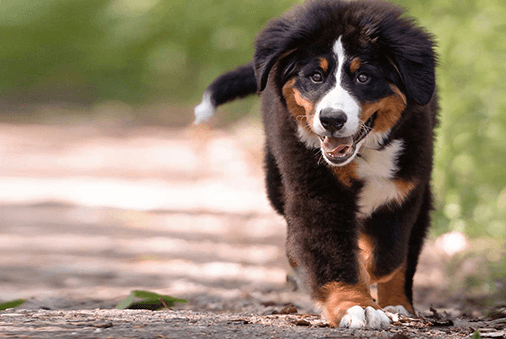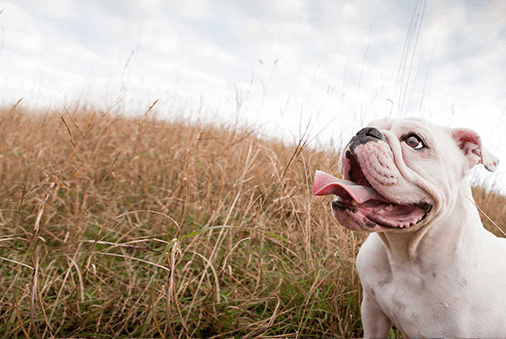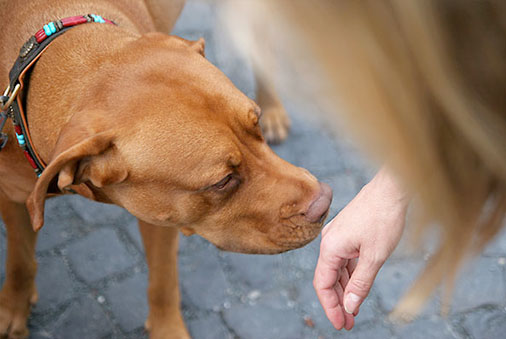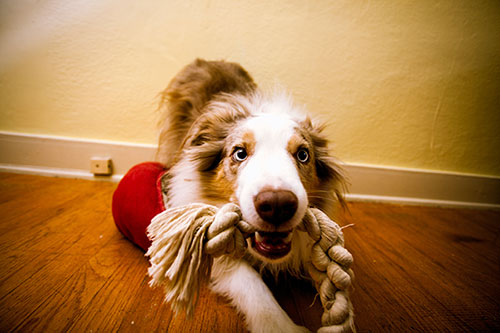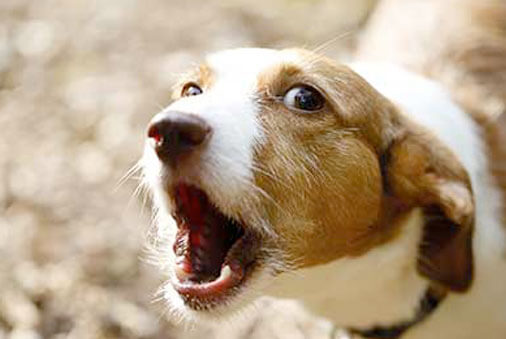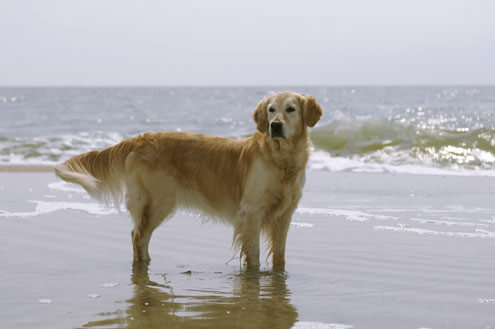Congrats on deciding to make a sweet little pup a new member of your fam! The days ahead are going to be filled with lots of learning, laughs, love, and sloppy kisses! Here’s a roundup of what you need to make your new pup feel right at home.
Puppy food
Puppies have different nutritional needs than adult dogs, so you need to feed him food that is specifically formulated for puppies. Your veterinarian can help make a recommendation of the best food for your unique pup.
Food and water bowls
Your new arrival will need bowls for his food and water. Pro tip: A stainless steel or ceramic bowl is a better choice than a plastic bowl — plastic accumulates more bacteria. Bringing home a big pup? A raised bowl can be more comfortable for him, so he doesn’t have to bend over as far.
Dog crate
Crates are an essential part of training and housebreaking your pup. They’re also a place of refuge when your little guy wants to take a nap or feel secure while you are away from home. Make sure you get a crate that’s big enough for your pal to grow into and partition it while he’s small.
Leash, collar, and harness
The go-tos for walkies! A harness is recommended for dogs who pull; a harness redirects a dog so there’s no reward in pulling. Small dogs can also benefit from a harness — it disperses pressure over a larger area of the body, reducing neck and back strain. Pro tip: Get your pal used to wearing his harness and leash while still in the house, before heading out for a walk.
His own bed
Give your pal a comfy spot to take those oh-so-cute puppy naps — they will happen frequently! Puppies usually sleep 18-20 hours a day.
Toys, toys, toys
Puppies love — and need — to chew and play. Get a variety of puppy-safe chew toys that your little buddy can play with throughout the day.
Gates and a pen
These will be handy for keeping your pup out of places where he could get into trouble or have an unwelcome accident.
Waste bags and an enzyme cleaner
Accidents are a fact of life for puppies as your pal learns the ins and outs of potty training!
Make sure you have waste bags, paper towels, and an enzyme cleaner on hand to clean up those oopsies. Pro tip: Enzyme cleaners will help eliminate odors and help prevent your pup from using the area as a potty spot in the future.
Doggie ID tags
You should outfit your pup with an ID tag so he can be safely returned home in the event he becomes an escape artist. Ask your vet about a microchip when you take him for his first checkup, too.
Want to know what to expect as your pup grows up? Check out our Puppy Milestones Guide.

